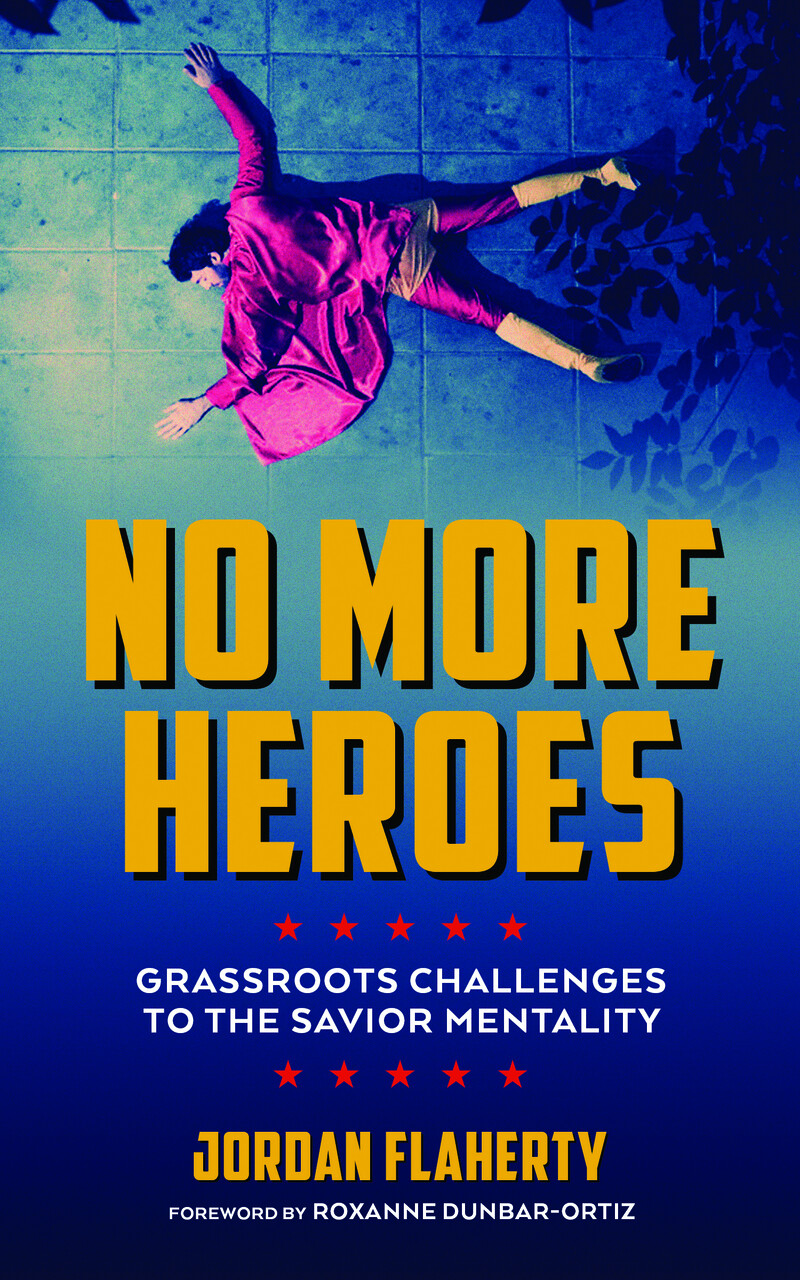The Electronic Intifada Podcast 5 December 2016
In Gaza, a severe fuel shortage recently put lives at risk inside hospitals.
Health services in a children’s hospital were suspended for more than 24 hours due to a lack of fuel to its generators on 23 November, Ma’an News Agency reported.
Two days later, Gaza’s health ministry called on “all competent authorities to quickly intervene and provide fuel for Gaza’s hospitals,” according to the agency.
Gaza’s sole power plant, which has been bombed during Israeli attacks, cannot provide the energy needs of the enclave’s two million residents who have been struggling under Israel’s decade-long blockade.
The blockade limits the import of fuel and construction materials needed to repair infrastructure, including the power plant.
Electricity blackouts, which last up to 18 hours per day in Gaza, have become a daily occurrence over the last few years, journalist and author Mohammed Omer told The Electronic Intifada.

Omer is an award-winning journalist and the author of Shell Shocked: On the Ground Under Israel’s Gaza Assault.
Gaza has been running generators in hospitals for a decade now, he noted.
“These generators, in any other country, would be used in case of emergency for a day … but not for years,” he said.
“Gaza is turning what is often used in an emergency to a daily routine.”
Currently on tour speaking to audiences across the US, Omer said he lectures not just on the humanitarian crisis related to Israel’s ongoing blockade, including the chronic electricity shortages, but also the resilience of Gaza’s people.
“What I’m trying to do is unpack the story” about Gaza, Omer said, and “bring it into a context, providing more details by giving faces to the numbers [that] you see in the media.”
He recently visited the US-Mexico border to speak to communities struggling against the increasing militarization of the border wall and the Obama administration’s mass deportation policies which will continue – and most likely expand – under the incoming Trump administration.
“I heard many stories that were identical to what is happening in Gaza – the segregation of families, the separation of lovers, not allowing people to [cross the border],” he said.
“Systemic change”
Meanwhile, solidarity activists continue to campaign against Israel’s violations of Palestinian rights through the Palestinian-led boycott, divestment and sanctions (BDS) movement.
Just this week, after years of pressure by boycott activists, the world’s largest security firm, G4S, which provides services to Israeli military checkpoints, settlements and prisons, announced it was selling most of its businesses in Israel.

BDS activism is a way to be accountable “to people on the ground – Palestinian civil society has asked for this, and it’s a movement that people around the world can plug into,” author and journalist Jordan Flaherty told The Electronic Intifada in an interview for the podcast.
The movement’s demands “are real, systemic change,” he added.
Flaherty talked about his newest book, No More Heroes: Grassroots Challenges to the Savior Mentality, which focuses on activism working for that systemic change inside movements from the Arab Spring to Black Lives Matter.
“I have learned so much about hope and about steadfastness from Palestine and from Palestinians,” he said, “from the time I’ve spent there, the way that people have struggled against this brutal military occupation for decades and still maintain not just a hope but a kindness and an openness.”
Listen to the podcast featuring interviews with Mohammed Omer and Jordan Flaherty via the media player above.
Music: “Keep Your Eyes on the Prize” by Naima Shalhoub
You can subscribe to The Electronic Intifada podcast on iTunes (search for The Electronic Intifada). Support our iTunes podcast by rating us and leaving a review.





